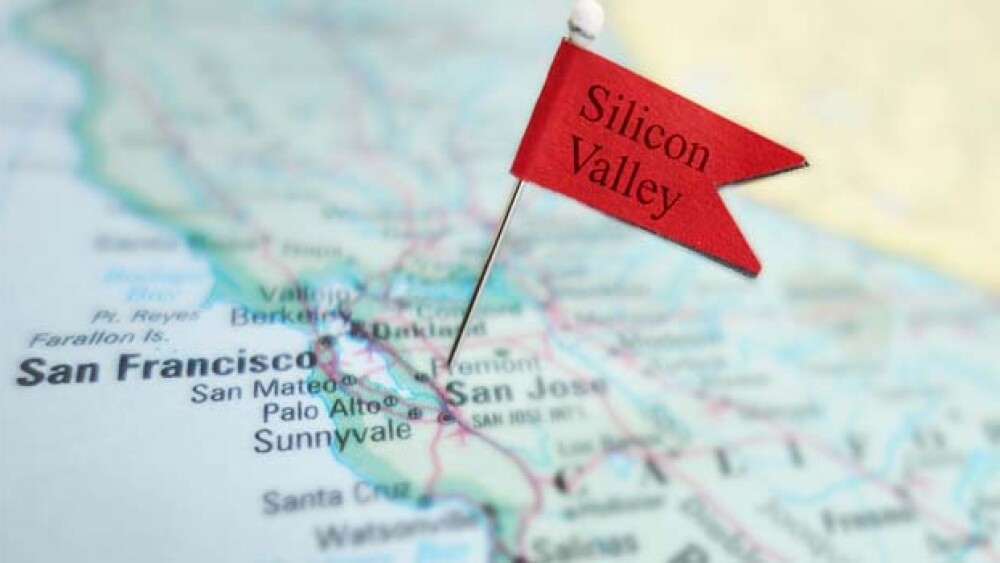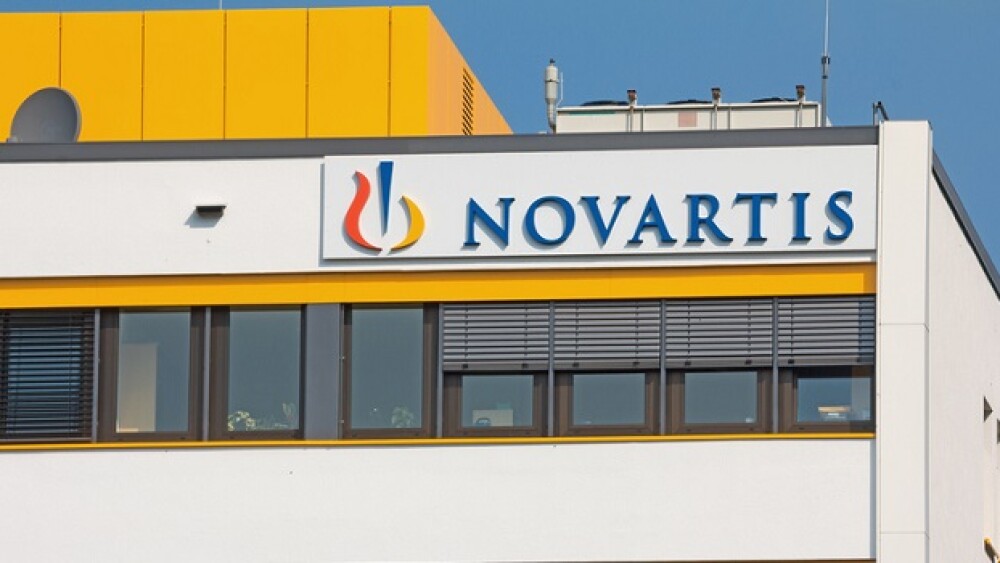A look at the reasons why top life science talent from Boston’s Kendall Square biotech hub are moving to the San Francisco Bay Area.
According to some sources, there’s a migration of top life science talent from the East Coast to the West Coast, specifically from Boston and its Kendall Square biotech hub to the San Francisco Bay Area. Recently, STAT invited six leaders from California health care startups who used to work on the East Coast to discuss the shift, the differences—and if there really is a shift.
It’s worthwhile to note that for the most part, these people were academics or people who were more involved in government policy at the federal level or at the National Institutes of Health than Boston-based entrepreneurs who lit out for San Francisco because they were fed up with the startup culture in Cambridge. You might also note that not a single person says that the winters are warmer in California than in Boston. Go figure.
1. Government grinds slow
Tom Insel was the head of the National Institute of Mental Health (NIMH) for 13 years, but in 2015 he left to lead Google/Alphabet’s Verily Life Sciences’ mental health initiatives. He noted that his change in thinking came when he gave a public lecture on all the cool science NIMH was conducting and a person stood up at the end of the lecture and said, “You know, you just don’t get it. You don’t understand. My 23-year-old son has schizophrenia and has been in and out of the hospital four times. He’s made two suicide attempts. So our house is on fire, but and you’re working on the chemistry of the paint.”
The point being, that the government was throwing a lot of money and energy at research, but it wasn’t really making changes for people. And he felt that the California high-tech mindset was more about changing the world, rather than just creating policy.
2. An academic mindset
Mary Lou Jepsen, formerly a researcher at Massachusetts Institute of Technology, had co-founded a nonprofit to distribute inexpensive computers to the developing world called One Laptop Per Child. It took off, brought in billions in revenue, and was successful at its mission. Then, she said, “I got a letter from the president of MIT saying that I had to choose: ‘Be a professor, or do the $100 laptop.’ I thought, Hmm. ‘A bunch of papers and a couple dozen graduate students, or transform lives?” No contest. I had to leave MIT.”
She then founded Openwater, which makes ultra-high-resolution wearable devices for medical diagnostics. In California, she says, “Out here, it’s really trying to make things at scale that can transform people’s lives.”
5. Silence is not golden
Atul Butte trained at Brown, Harvard and MIT, then moved to join Stanford, Apple, and Microsoft, and co-founded three companies. He currently directs the University of California, San Francisco, Institute for Computational Health Sciences. “I’ll admit they probably start just as many companies in the [Boston] area, but they don’t talk about it. It’s taboo to talk about your companies on the [Harvard Medical School] quad. Here it’s the opposite. You talk about it. You help each other. There’s a lot more sharing,” Butte says.
4. Change the world
Bob Kocher was a special assistant to President Barack Obama and was involved in the Affordable Care Act (Obamacare) and co-founded the federal Health Data Initiative. Then he moved to California, where he’s a partner at venture capital firm Venrock. He also teaches at Stanford Medical School. “I loved the opportunity to be in government during the time when we had a lot of impact. … But it only does it in health care every 15 years or so. Then we have a whole lot of time [spent on] fighting, and administration, and incremental improvement,” Kocher says.
He believes that the startups and companies like Google that are battling the healthcare status quo is where real change will be made. He also believes that the California mindset is more tuned to taking risks and changing the world.
5. Taking Risks
David Beier was chief domestic policy adviser to Vice President Al Gore during the President Bill Clinton administration. Currently he’s the managing director of the health care venture firm Bay City Capital. Like Kocher, Beier believes California’s startup culture is more willing to take risks than on the East Coast, especially the government. He’s an advisor to the Parker Institute for Cancer Immunotherapy, which was funded with a $250 million gift from Sean Parker, best known as the co-founder of Napster and the first president of Facebook.
Of Parker, Beier says, “He spent three or four years studying the field. He knows a lot about it and got the smartest people and … said, ‘Collaborate. Be bold. Be willing to fail.’ That’s the antithesis of NIH. And it was in part a reaction to the [National Cancer Institute’s] failure to do immunotherapy over the last 20 years.”
On the other hand, Beier notes that the California culture has a specific problem. “Silicon Valley is probably more full of hubris of a different sort — the assumption that because you’ve succeeded in one sector, that you know everything about every sector. I see that too much.”
David Brailer, the first national coordinator for health information technology under President George W. Bush, who also taught at the Wharton School in Philadelphia, is now the chair of Health Evolution, a Bay Area industry organization. He also expresses concerns about the California attitude that focuses on blockbusters. “I think health care is not served completely [well] by the ecosystem here because of the mentality of, ‘All we have to do is get it to hit, and if it hits, it will be big.’ That has been the reigning philosophy of so many successes here, but doesn’t always work well in health care, where the arc of adoption can be ultimately successful, but long. It can be concave.”
West Coast Careers
There are undoubtedly great jobs on the East Coast, in Boston and working for the U.S. government, but if you’re interested in the entrepreneurial culture of San Francisco (and mild winters), here are some job examples:
Document Control Specialist with Sight Sciences in Menlo Park, Calif. This individual will assist in the development of formats and guidelines for documentation systems, review and revise procedures, specifications and forms, and prepare process and status reports. It calls for a Bachelor’s degree or equivalent experience and education, with a minimum of three or more years of related experience in the medical device industry.
Scientist I – Clinical Pharmacology and DMPK for MedImmune in Mountain View, Calif. Calling for a PhD or advanced degree in biological science or a related field, this position is with MedImmune’s Clinical Pharmacology & DMPK (CPD) Department’s Clinical Immunology and Bioanalysis group. The position will support biomarker development for biotherapeutic products.
Senior Associate of Business Development for Hitachi Chemical Diagnostics in Mountain View, Calif. The candidate will help grow the life sciences business of the company, and requires active customer interaction to lead the company’s Sales and Marketing activities. It calls for a Bachelor’s degree in biology, chemistry or business and five years of experience in the field of life sciences, preferably in molecular analysis or molecular/in vitro diagnostics.
Research Associate/Senior Research Associate, Cellular & Molecular Biology for Adicet Bio in Menlo Park, Calif. This position calls for a Bachelor’s or Master’s of Science in cell and molecular biology, immunology, biotechnology, biochemistry, genetics or a related field and one year or more of bioanalytical research laboratory experience. The position will contribute to new projects for generating novel cell-based therapeutics for cancer.
One of the key points underlining all the thought leaders’ statements was that California startups had an ambition to change the world. What about you?





